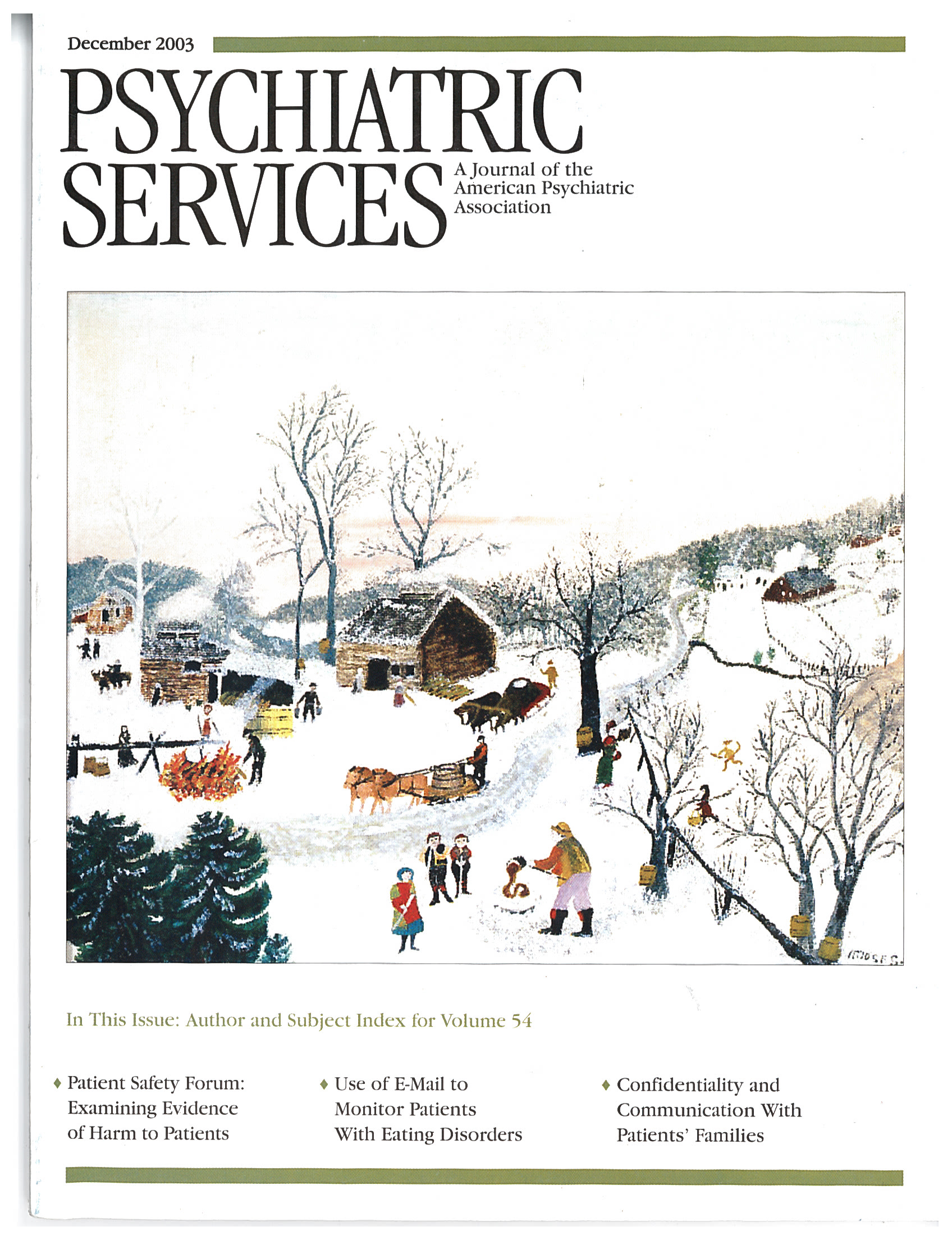Michael Byers' Long for This World is a very interesting, complex, and full novel that will indeed challenge—and should stimulate—all mental health service providers. The book gives us a lot to think about, being written to raise issues and questions of death, dying, suicide, biology, genetics, cultural interaction, psychodynamics, quality of life, love, caring, and happiness.
On one level, reading this novel is like playing a game of chess, given the way family structures and roles are defined; the care and depth with which each of the key characters is described (which made me think "kings, queens, and pawns"); and the way each new chapter becomes like a move on the chessboard. The game of chess has rules that require experience and integrity, and I believe this novel forces the reader to examine his or her own rules, goals, and life dynamics.
On another level, Long for This World, with its highly descriptive, elaborate, and detailed style, reminded me of an Updikean life journey, using science research and the demands of health care to emphasize its message. I personally read the journey as a search for the meaning of statements such as "life is to be lived" and "all events, be they research or genetic discovery, suicide or even a basketball game, are an opportunity to learn."
The novel is written around three main families intertwined within the health care system, their friends, and their neighbors, all of whom live in Seattle. First and primary is the Moss family: Dr. Henry Moss, an internist and geneticist; his physician wife; and their children. Dr. Moss has specialized in the research of "Hickman disease," the genetic defects of which promote premature aging ("No one has lived beyond age seventeen to my knowledge.") There is also an Algerian family that lives in Detroit and has two children, one who has a diagnosis of the Hickman defect and is clearly near death, and Thomas, a teenager who appears "more than normal." A third family lives in Seattle and has a young boy named William, a bright and engaging child, who has been under Dr. Moss' care for a number of years and is in the end stage of his life with Hickman disease.
The basic theme is woven around the research discovery that Thomas has all the Hickman genetic defects but has an enzyme that "blocks the aging process." As readers of this novel we are drawn into the questions and issues presented: Could these enzymes be defined, processed, and used to prevent aging? Could the enzymes be used to save the life of William, who is loved by everyone involved? How would research protocols be involved? What role would the institutional review board play? And would going before the review board delay the research for years?
Within these themes life goes on, and each family and each individual—both children and adults—are defined, studied, and followed. Each gets their own chapters, which allows the reader to experience the thoughts, feelings, behaviors, and decisions of each character as the dilemmas unfold. Thus we are challenged by the family dynamics, doctor-patient relationships, research questions and integrity, and many other sociocultural concerns, all in great detail. I found myself having to relive similar choices. And I found the dynamics of health care and caring for patients to be described in such a way that I really understood the politics and the concept of what we all have come to call moral hazard.

